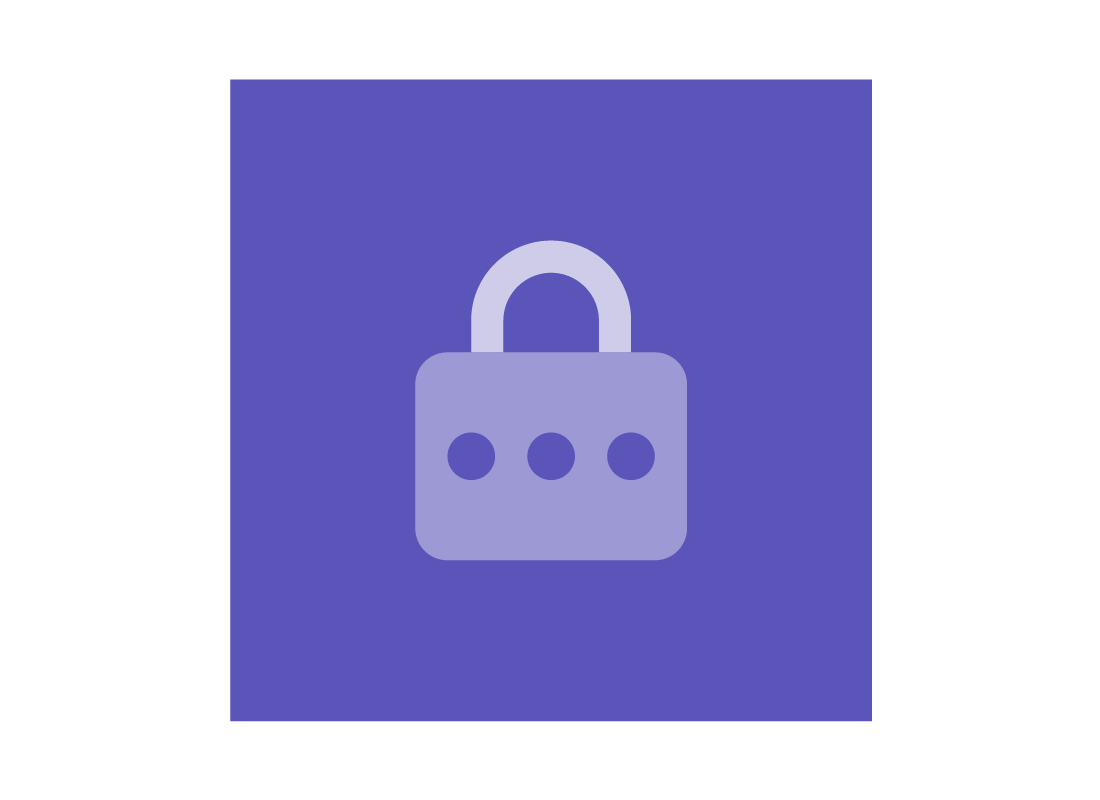What is web tracking?
What is web tracking?
What's coming up?
At times, it may seem like the internet knows things about you that you don't remember sharing. When you visit a website, it will store information about your visit, for example the things you clicked on or viewed. The website will then use this information to build a profile on you which can be used to target you with advertising. This activity will outline how these profiles are created and explain how they're used to track your interests on the internet.
Start activityWebsites keep a record
When you visit a website, it keeps a record of your visit. The next time you visit, the site might load faster, let you skip introduction pages, or start on the part of the page you last visited.
Big companies such as Amazon and Google can combine records of your visits to different sites, to track where you go online.
Web visits build a profile
Over time, records of your site visits can be applied to an algorithm, or system, that creates a statistical picture of what you buy, what you're interested in, and what news items capture your interest. These tracking systems also note how many times you visited a website, how long you spend on each page, and the links you click.

eSafety tip
These companies aren't tracking your name, address, or geographical location. All they know is the unique identifier of your web browser, which is called its IP address.
However, because you are the person who uses the computer or device, it can sometimes feel like web trackers have an uncanny knowledge of what you want to buy! That's the power of online advertising.
How web trackers work
There are a few techniques that companies can use to track your web browsing, but the most used is via a small programs or piece of code called a cookie.
When you visit a site, a cookie is saved to your web browser. Next time you visit, the browser shows the cookie to the site automatically, and the website's algorithms take over from there to show you ads.
What is a cookie?
When you visit a site, a cookie is saved to your web browser. It's a bit like giving your device a "former visitor" badge.
The next time you visit the site, your web browser shows the cookie to the site automatically and the site recognises your browser. The website is programmed to do certain things, depending on the information in the cookie.
Should you accept cookies?
Most websites will ask you to accept cookies before storing them on your web browser. If you agree, you are giving permission for the website to collect information about what you do on its pages.
Of course, you don’t have to accept cookies. If you decline, you may not be able to access part or all of the website. You can learn more about managing cookies in the Understanding web browsers course.
What cookies do
Most cookies can be useful to you. They can be used to send you to a website’s login page, or perhaps make sure you are on the correct version of a web page, such as the Australian site instead of an overseas version of the site.
Some cookies remember which parts of the site you looked at on a previous visit, items you left in the site’s shopping cart, or checkout information you provided, such as your name and phone number.

eSafety tip
Cookies don't save private information such as passwords, but they can save your login status. This means if you log in to a site, then turn off your device, the next time you go to that site you might still be logged in. It's important to make sure you log out securely from any websites when you leave, by clicking a log out or sign out button.
Websites sell visitor information
Many websites take the browsing information from thousands or even millions of visitors, and sell it to advertising companies. All the information goes into an algorithm, or system, to turn visits into statistics. These statistics are used to make guesses about how old you are, what your demographic is, the things you seem to like, and what you might buy next.
Visitor information is used to sell you products
The information and statistics from your web visits is used to influence your web search results, and to show you advertisements for products and services the companies think you want to buy.
It can be a bit unnerving how close these statistical guesses can be, but always remember the information is just based on what you've already looked at. It makes sense for Google to show you hedge clipper ads, for instance, if you've been searching for new hedge clippers.
Well done!
This is the end of the What is web tracking? activity. You've learned how web sites keep an anonymous record of your visit to build up a statistical picture of what you might want to buy.
Up next is the How to minimise web tracking activity, where you can find out some techniques to limit the number of annoying ads, or to stop some companies from tracking you altogether.